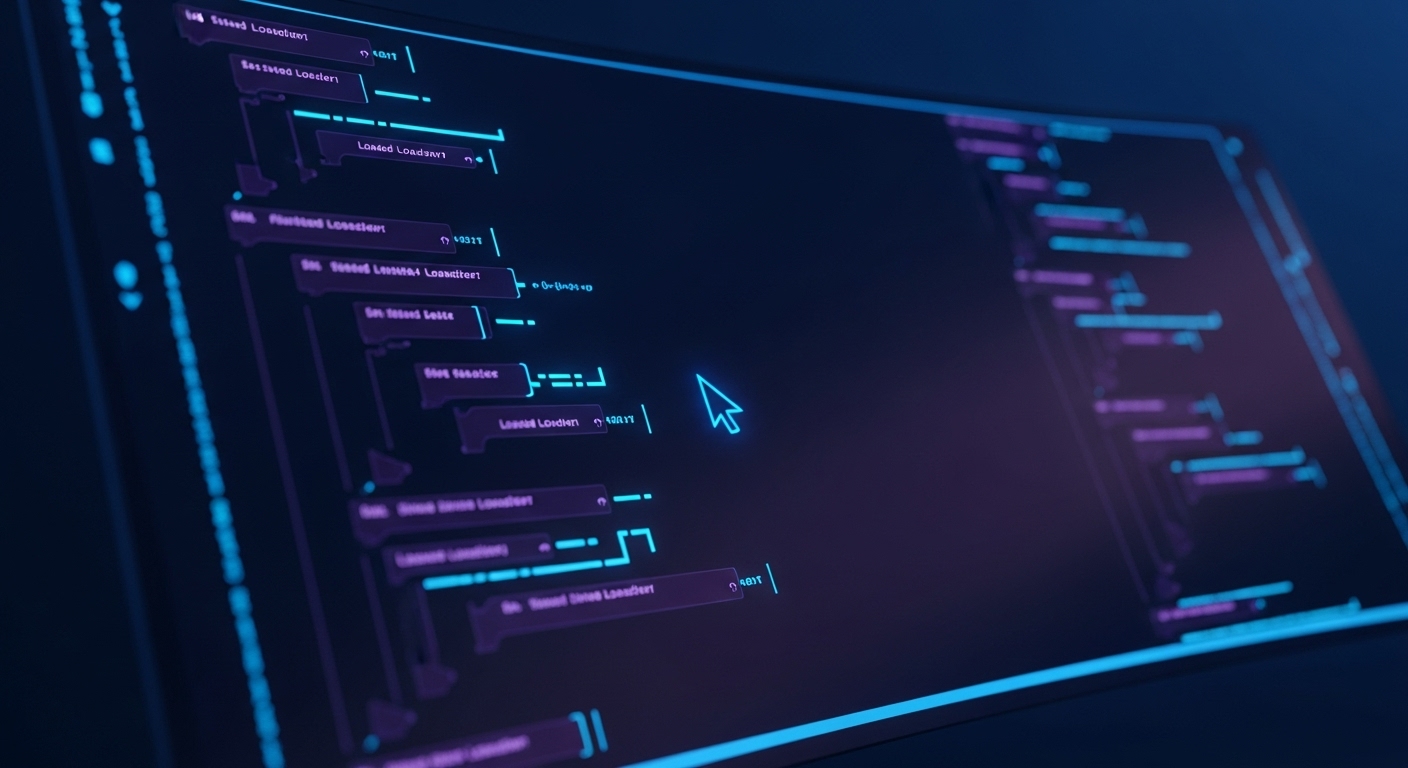What Is Warp AI Terminal and Why Developers Are Adopting It

What Makes Warp Different
Warp is built on the idea that the terminal should help developers think, not slow them down. Instead of a simple text stream, Warp turns the command line into a rich, interactive environment with features that elevate productivity.
You get a modern code editor, fast navigation, smart autocompletion, searchable command outputs, and a deep integration with AI. This combination allows developers to move faster, fix problems earlier, and automate tasks that usually require trial and error.
Warp AI: A Terminal That Understands Intent
The highlight of Warp is its integrated AI assistant. Warp AI can interpret natural language, generate the correct command, explain what went wrong, or recommend the best approach.
Developers use it for tasks such as:
- “Fix this Git conflict and show me the clean version.”
- “How do I start a local Postgres server on port 5432.”
- “Write a shell script that watches a folder and syncs it to S3.”
The assistant works inside the terminal context. It uses your history, your environment, and the command output to give grounded, accurate suggestions. Instead of searching documentation or scrolling through Stack Overflow, developers get answers directly in the workflow.
The Block-Based Terminal
One of Warp’s most important innovations is its block interface. Each command and its output become a distinct block that you can navigate, copy, fold, or share.
This solves a long-standing terminal problem. Traditional terminals force you to scroll through endless output streams. Warp turns this into a clean, organized experience where you can:
- Jump to previous commands with no scrolling
- Copy full blocks with one click
- Search output across multiple blocks
- Collapse or expand results without losing context
For debugging, reviewing logs, or executing pipelines, the block view saves enormous time.
A Real Text Editor Inside the Terminal
Warp includes a full code editor inside the command input. This means multi-line commands, proper cursor movement, selections, and syntax enhancements feel natural. Developers can create pipelines, write scripts, or craft long Git commands without wrestling with fragile terminal editing.
Compared to the default shell experience, this level of structure is a major improvement in clarity and accuracy.
Pairing Warp With AI Workflows
Warp fits naturally into modern AI coding practices. Developers who already use Cline, Cursor, Copilot, Windsurf, or Replit Agent discover that Warp becomes the perfect command line companion.
For example, Warp can:
- Translate natural language into complex terminal commands
- Help debug runtime and environment errors generated by AI agents
- Provide explanations when generated code fails to run
- Validate and correct commands before execution
This makes Warp a powerful part of any AI-augmented development environment.
Team and Knowledge Sharing
A lesser known strength of Warp is the ability to share terminal knowledge with teams. Blocks can be copied, annotated, and sent to teammates, turning ephemeral CLI work into reusable documentation.
This improves onboarding, reduces mistakes, and creates an opportunity for standardized workflows. A senior engineer can share the exact commands to deploy, debug, or scaffold a service. Team members execute them without ambiguity.
Performance and Stability
Warp is fast. It uses Rust for performance and has a responsive interface that does not lag under heavy output loads.
It supports GPU acceleration, optimized rendering, and asynchronous processes, making it significantly smoother than traditional terminals on large logs or complex scripts.
Why Developers Are Adopting Warp
Warp adoption is growing for a few clear reasons:
- It modernizes an old tool that has not kept pace with developer workflows.
- It saves time on repeated commands, debugging tasks, and navigation.
- It integrates AI directly into the CLI, eliminating context switching.
- It improves collaboration, using sharable blocks rather than long text dumps.
- It fits perfectly with the AI coding ecosystem, acting as a natural extension of agentic workflows.
Developers are not looking for a new terminal for visual appeal. They adopt Warp because it accelerates real work.
The Road Ahead
Warp signals a new era for command line tools. As AI becomes more integrated in development, the terminal itself becomes an intelligent surface for reasoning, automation, and collaboration.
Future versions of Warp may include deeper integrations with cloud environments, automated debugging agents and proactive environment analysis. The terminal is no longer a passive shell. It is becoming a dynamic, AI-powered engineering workspace.
Interested in exploring how modern AI tools are changing software development?
Contact us!




